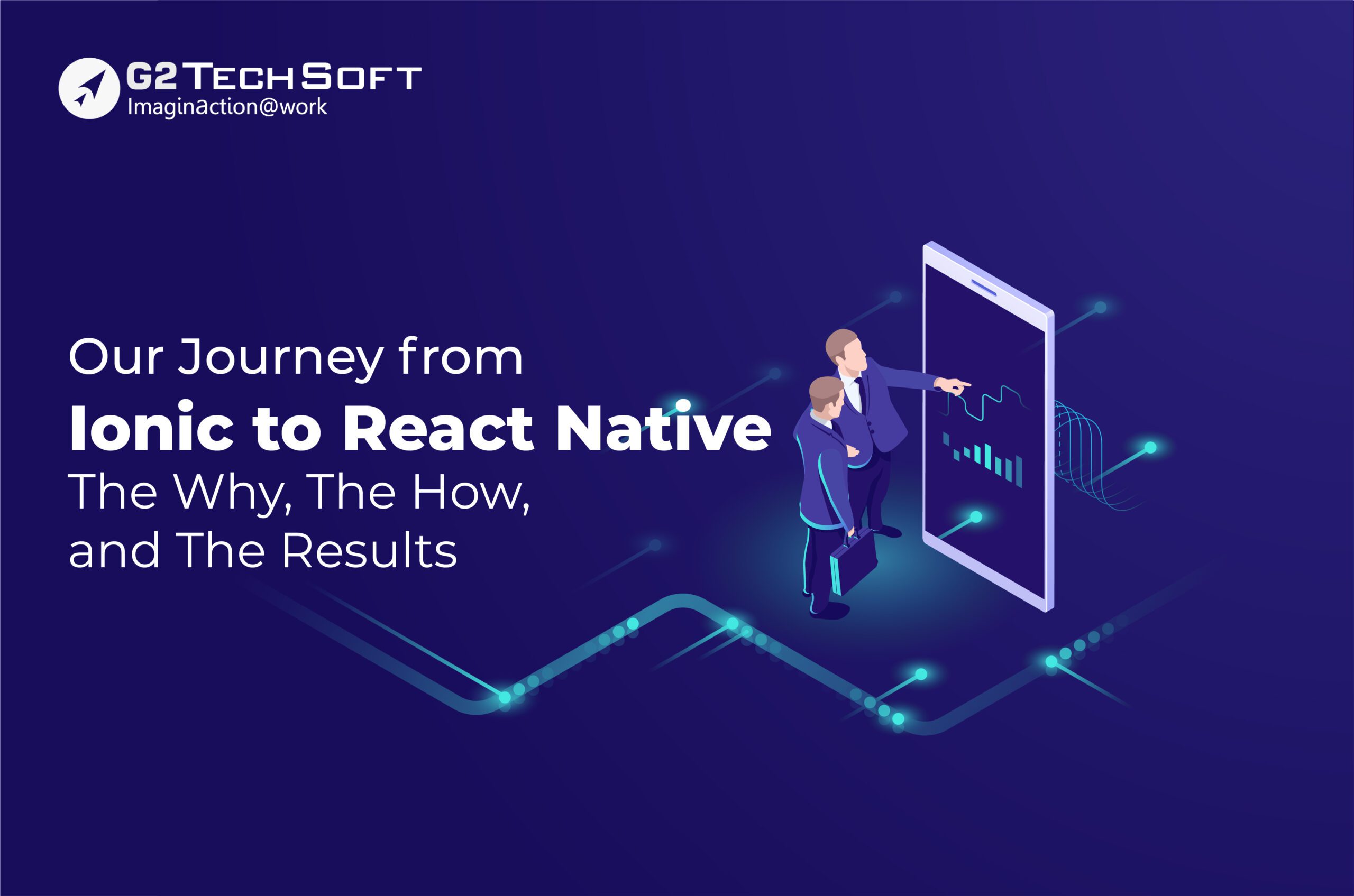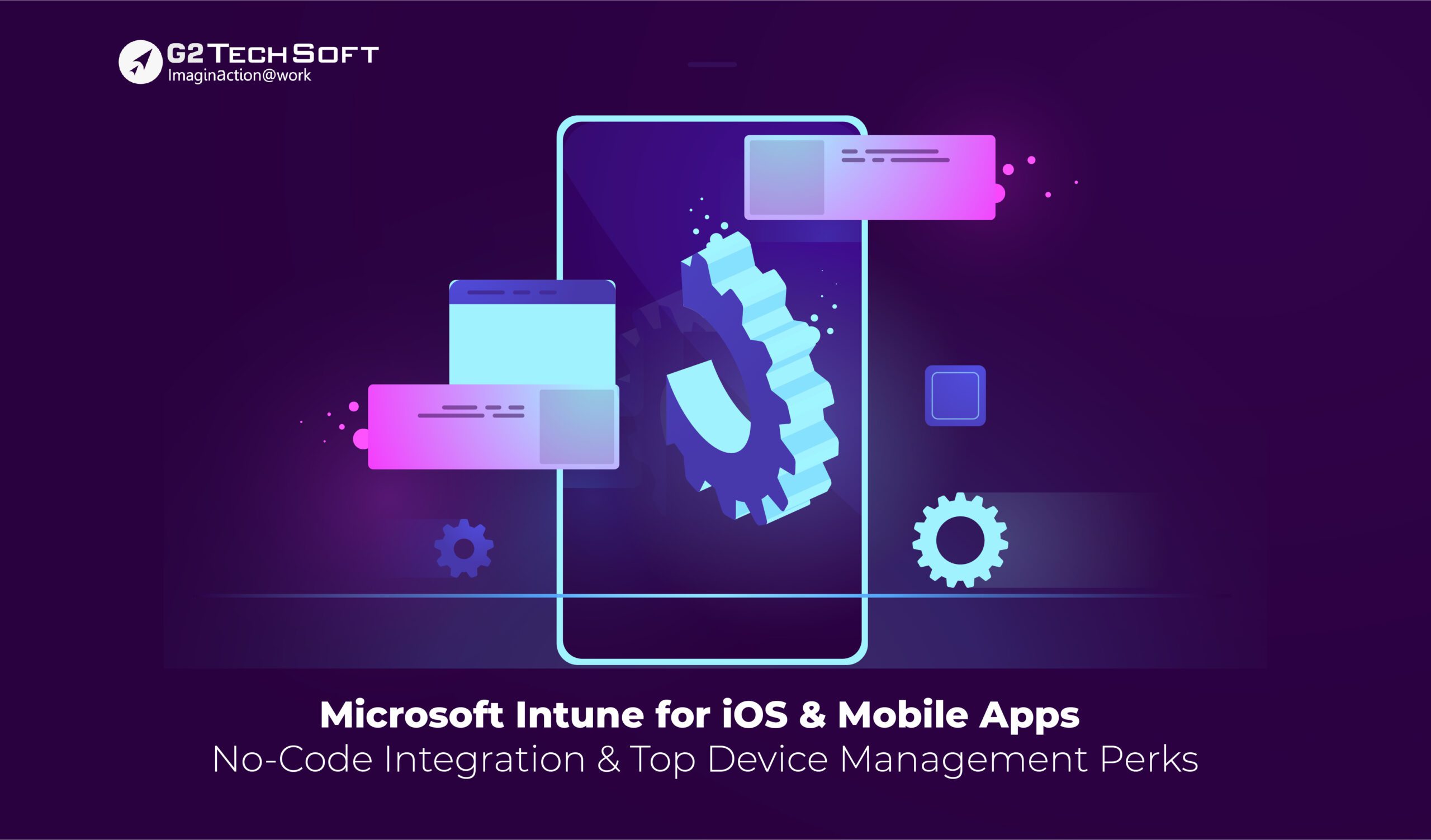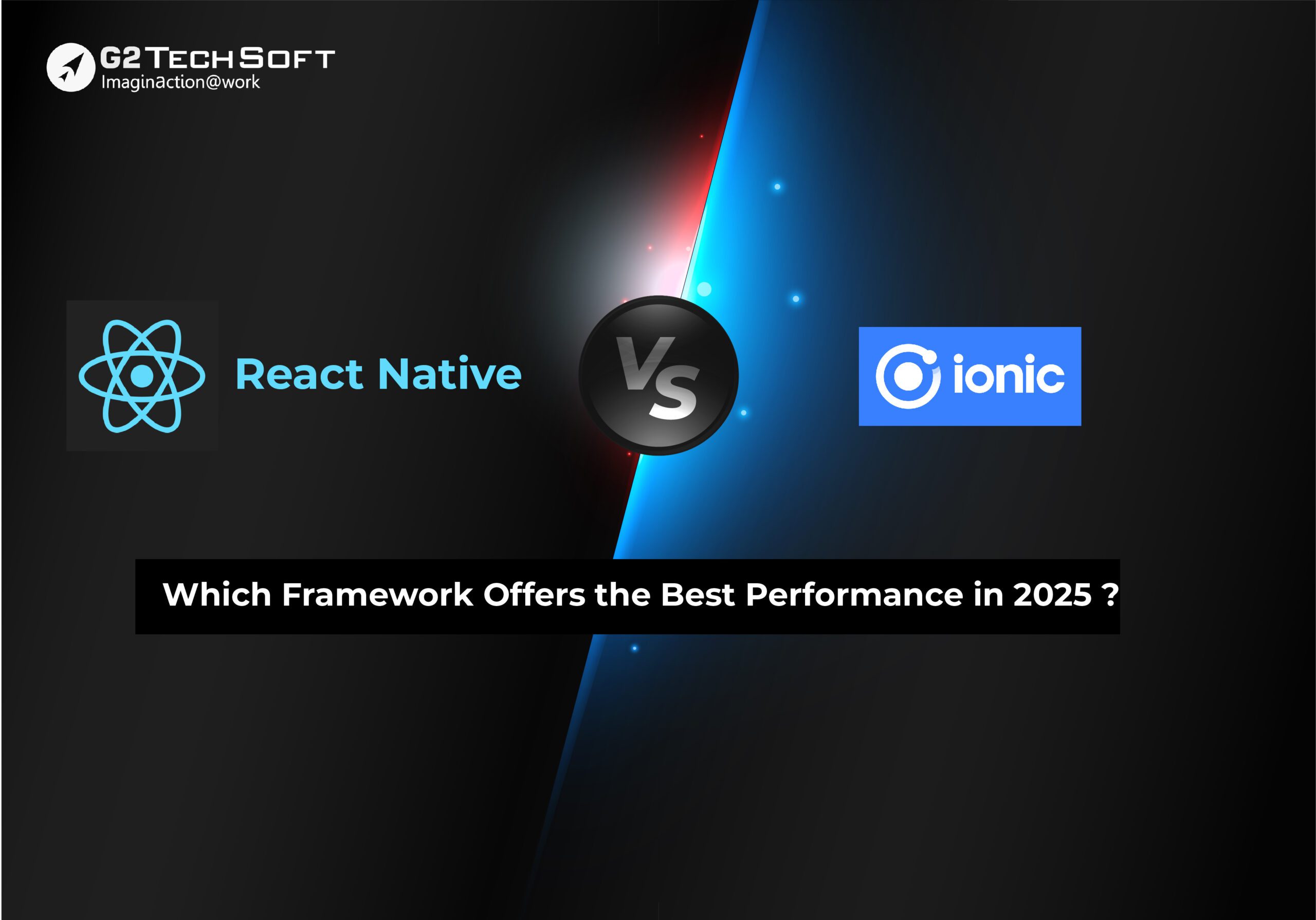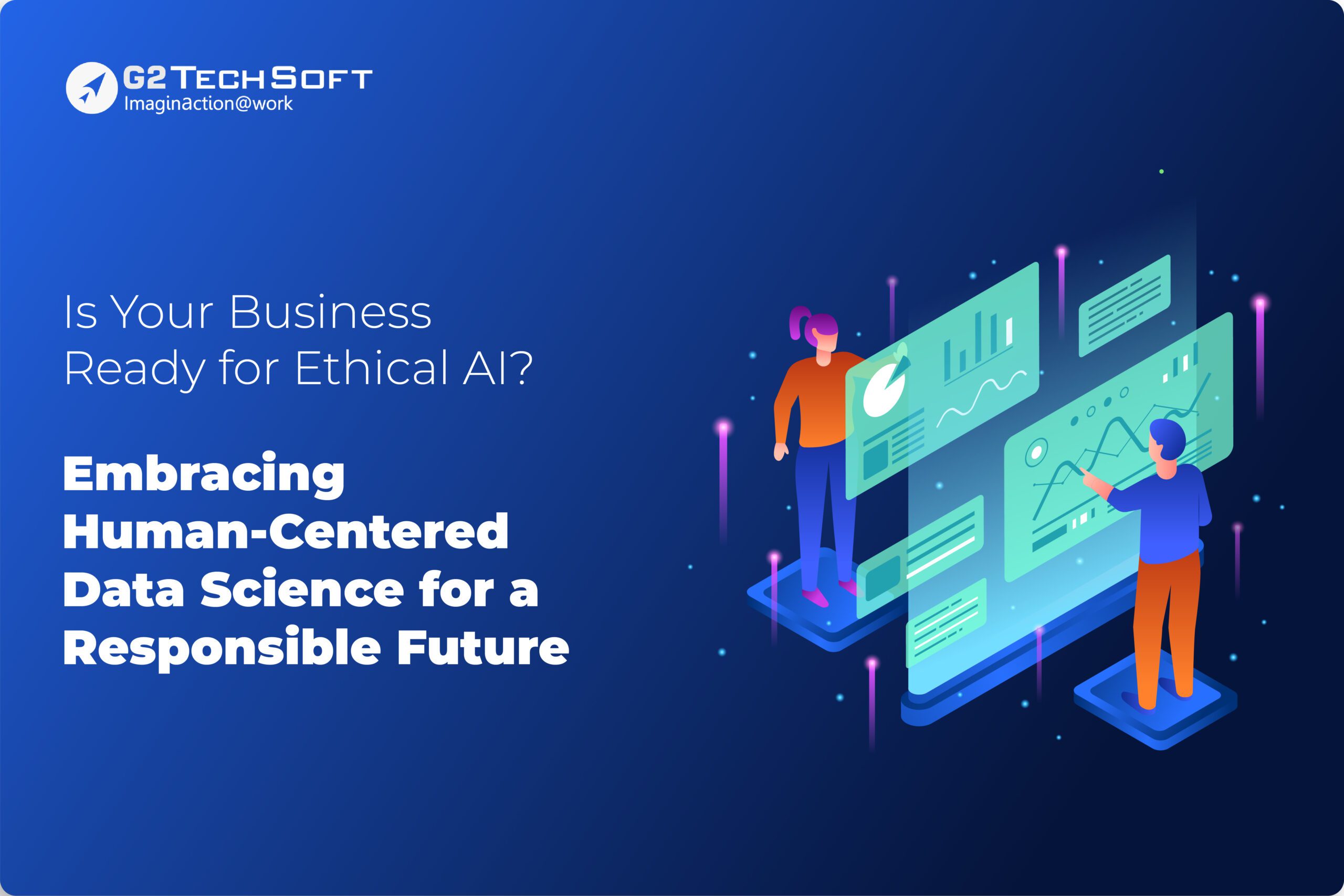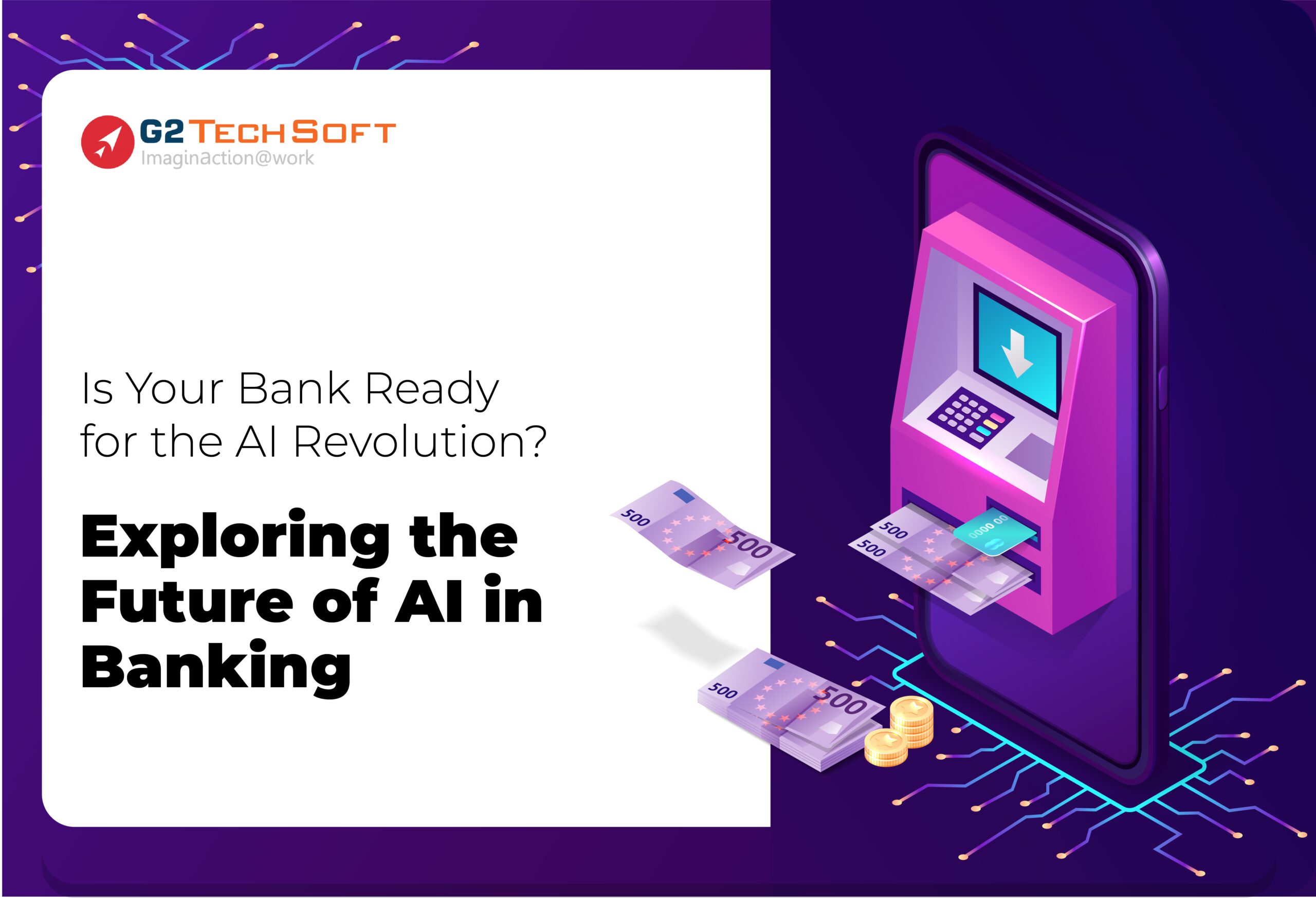In just a short span, the rapid advancement of AI has brought about vast changes across distinct industries globally, presenting both challenges and opportunities. While there is ongoing development and refinement in AI technology, businesses are increasingly recognizing the need to integrate AI into their operations to remain competitive in today’s dynamic market landscape.
In the world of quality assurance (QA), the incorporation of AI-driven testing methodologies is poised to become the new norm, promising to revolutionize traditional software testing practices. This article aims to explore the realm of AI testing, shedding light on its potential to streamline testing processes, improve efficiency, and ensure software reliability.
AI And ML: The Future of Software Testing
The integration of AI and ML technologies into software testing heralds a new era in the realm of retail software quality assurance, promising transformative outcomes. This evolution is poised to significantly diminish manual efforts, expedite time-to-market, and elevate the overall user experience, thereby establishing a fresh benchmark for software quality assurance within the retail sector.

Boosted Efficiency and Speed:
AI and ML algorithms possess the remarkable ability to analyze vast datasets, detect patterns, and predict potential failures. This automation streamlines the testing process, leading to shorter test cycles and expedited releases without compromising on quality. This advancement responds to the market’s demand for accelerated delivery without compromising accuracy or depth in testing.
Enhanced Accuracy and Quality:
The deployment of AI-driven tools ensures consistency in testing procedures, eliminating the possibility of human error and fatigue. These tools continuously learn from each testing cycle, becoming increasingly proficient at identifying errors and enhancing software reliability. Such continuous enhancement in testing quality is fundamental to maintaining customer trust and satisfaction.
Predictive Analytics For Proactive Testing:
Transitioning from reactive to proactive testing methodologies is a significant paradigm shift facilitated by ML. By predicting software bugs and vulnerabilities, retailers can address potential issues before they impact consumers. This proactive approach optimizes resource allocation and fortifies the software’s overall robustness.
Personalization Of User Experience Testing:
AI and ML do exceptionally well at modeling a wide range of customer behaviors and scenarios within the framework of tailored retail experiences. This capability enables a more nuanced testing approach, ensuring that the software caters to various customer preferences and delivers a highly engaging shopping experience.
Overcoming Challenges:
Despite the promising benefits, integrating AI and ML into retail software testing poses challenges such as initial setup costs, the requirement for skilled personnel, and concerns regarding data privacy. However, these obstacles are surmountable through strategic planning, continuous learning, and collaboration within the industry.
The Role of Machine Learning In Amplifying AI:
Machine learning complements AI by employing algorithms that enable the tool to enhance itself automatically by accumulating vast amounts of testing data. ML research, a subset of broader AI research, focuses on decision-making management based on past data observations, which is crucial for overall AI development as intelligence hinges on refining decision-making capabilities with learning.
While machine learning may not always be necessary in software testing tools, it can be highly beneficial in scenarios where data collection plays a pivotal role in decision-making. Initially, some data is required for machine learning to start, but it continually improves and adapts as more data is gathered.
For instance, data such as code coverage, static analysis results, or test outcomes can inform the AI about the software project’s status over time, allowing it to make informed decisions and adjustments accordingly.
Why AI Automation Is Essential in Retail Software Testing
Retail software is the foundation of the customer experience across various platforms, like mobile applications, e-commerce websites, and inventory management systems. The importance of ensuring these applications are robust, user-friendly, and secure cannot be overemphasized enough. While traditional manual testing methods have been fundamental, they are becoming insufficient due to the rapid deployment cycles and complexity of modern retail software. This is where AI and ML come into play, introducing automation and ushering in a new era of testing that promises improved speed, accuracy, and efficiency.
Integrating AI and ML in the future of retail testing is crucial, as these technologies automate and refine testing processes, addressing the significant challenges of manual testing and establishing a higher standard for software quality. With AI and ML applications, retailers can streamline testing workflows, reduce errors, and adapt quickly to evolving customer needs and market dynamics.
Reasons Why AI is Essential:
Non-functional Testing:
AI-led automation is instrumental in conducting non-functional testing, addressing critical aspects such as performance, security, load, and integration issues in retail brand applications. By automating these processes, retailers can identify and rectify potential issues before they impact the user experience or security.
Reduced Costs:
AI algorithms possess the capability to swiftly and accurately analyze large volumes of data, facilitating the identification of errors and anomalies. This aids in reducing costs associated with manual testing efforts and enhances overall efficiency in the retail software testing process.
Optimized Supply Chain:
AI-driven insights play a crucial role in optimizing various aspects of the retail supply chain. From accurately forecasting demand to managing inventory levels and optimizing warehousing and logistics, AI enables retailers to minimize costs and enhance efficiency throughout their supply chain operations.
Enhanced Customer Support:
AI-powered chatbots serve as valuable tools for providing 24/7 customer support, handling routine inquiries, and freeing up human staff to focus on more complex tasks. This ensures that customers receive prompt assistance and support whenever they require it, leading to improved satisfaction levels.
By leveraging AI automation in retail software testing, firms can streamline their testing processes, reduce costs, and ultimately enhance the overall customer experience, thereby gaining a competitive edge in the market.
Real-time Examples:
Walmart: Walmart employs machine learning for analyzing customer data and personalization efforts. This demonstrates how AI and ML technologies can refine customer interactions, ensuring that software testing strategies are aligned with consumer preferences and expectations, ultimately enhancing the overall customer experience.
Amazon: Amazon utilizes AI and robotics to automate its warehouse operations, leading to improved efficiency and accuracy. This illustrates the significant impact of AI on enhancing operational processes and testing procedures, highlighting its potential for excellence in various domains.
Sephora: Sephora utilizes AI testing through its virtual try-on app, which allows customers to virtually try on makeup products. This example illustrates how AI testing can validate and enhance customer engagement tools, ensuring that they provide value to users and contribute to increased sales and customer satisfaction.
Benefits Of Choosing G2 TechSoft for Artificial Intelligence in Software Testing:
Opting for G2 TechSoft for AI and ML in software testing brings numerous advantages, as evident from the search findings:
Strong Security Measures: G2 TechSoft prioritizes robust security measures, ensuring the protection and confidentiality of data throughout the software testing process. This ensures that sensitive information remains safeguarded against unauthorized access or breaches.
Optimized Resource Utilization: The company emphasizes resource optimization, which enhances efficiency and reduces costs associated with software testing procedures. By efficiently allocating resources, G2 TechSoft helps businesses maximize their testing efforts while minimizing unnecessary expenses.
Proactive Maintenance Services: G2 TechSoft offers proactive maintenance services, ensuring that software testing processes are consistently updated and optimized for peak performance. This proactive approach helps in identifying and addressing potential issues before they escalate, ensuring smooth testing operations.
Effortless Application Modernization: Leveraging Generative AI, G2 TechSoft facilitates transformative and effortless modernization of applications. By harnessing cutting-edge technologies, such as generative AI, the company enhances the functionality and user experience of applications, ensuring they remain competitive and relevant in the evolving digital landscape.
Choosing G2 TechSoft for AI-driven software testing enables businesses to enjoy enhanced security, optimized resource utilization, proactive maintenance, and seamless modernization using innovative technologies like generative AI.
Conclusion:
The integration of artificial intelligence and machine learning technologies into software testing has ushered in a new era of innovation and efficiency. These advancements promise transformative outcomes for various industries, particularly in the realm of retail software quality assurance. By automating testing processes, enhancing accuracy, and facilitating proactive maintenance, AI and ML offer a powerful solution to the challenges faced by traditional manual testing methods.
Real-world examples from companies illustrate the tangible benefits of AI and ML in refining customer interactions, optimizing operational processes, and enhancing user experiences. Furthermore, choosing reputable AI-driven testing solutions like G2 TechSoft ensures enhanced security, optimized resource utilization, proactive maintenance, and effortless application modernization.
